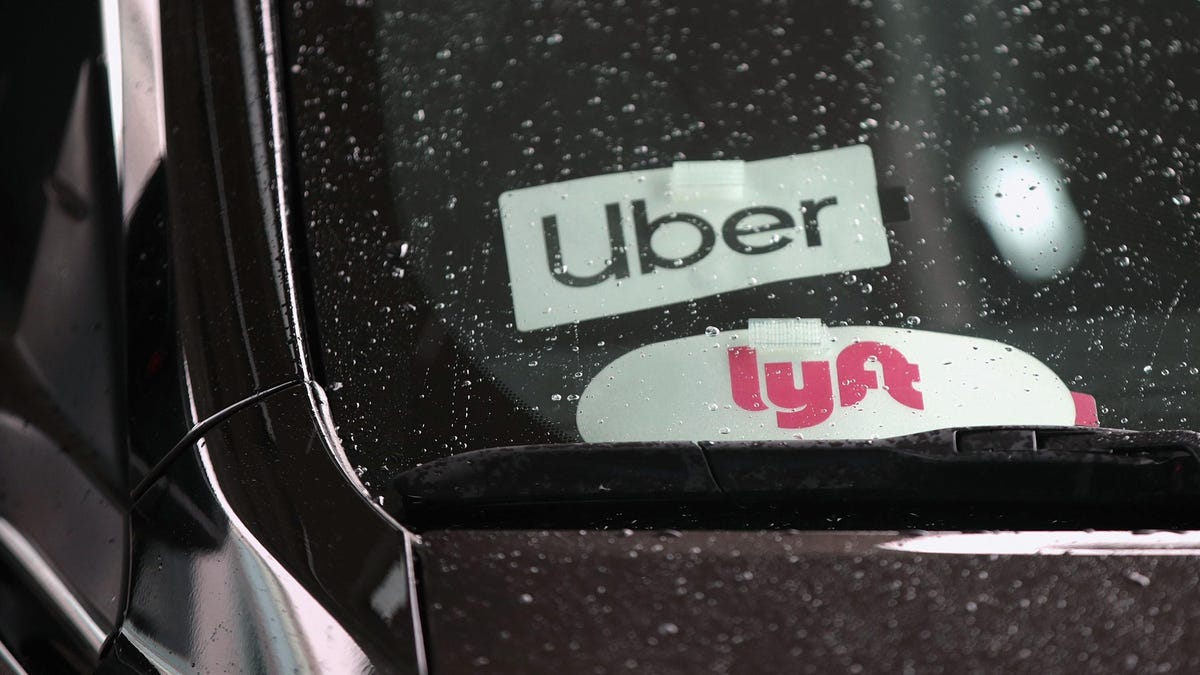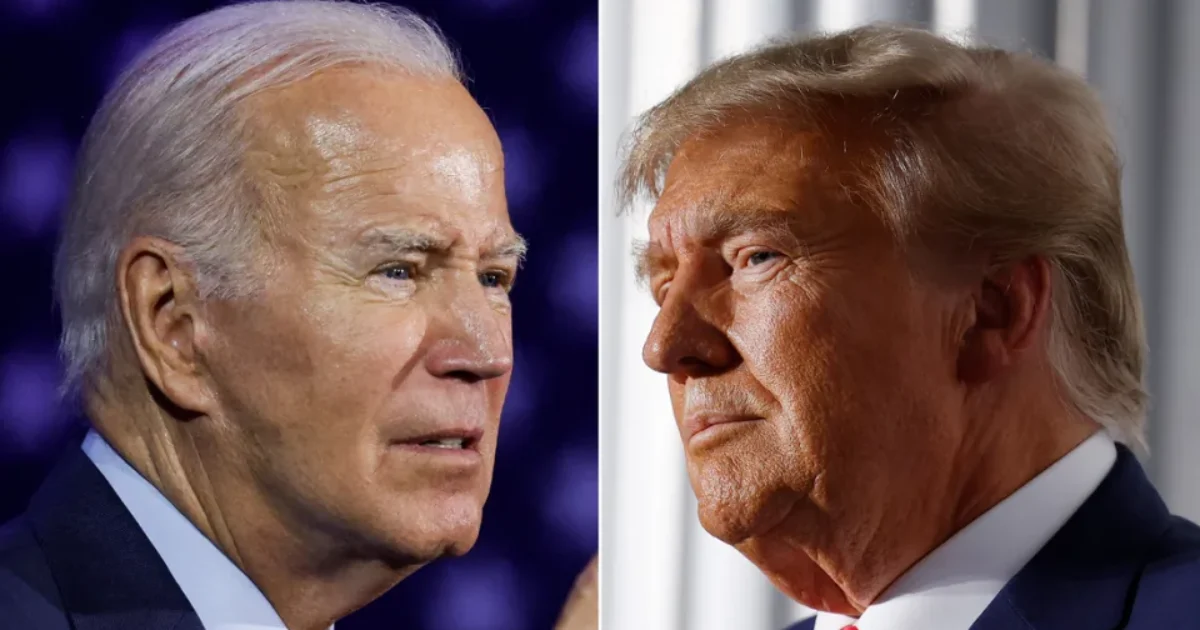Minneapolis Faces Dispute with Ride-Hailing Giants
Minneapolis, a city known for its vibrant culture and bustling economy, is currently embroiled in a contentious battle with industry leaders Uber and Lyft. The crux of the conflict lies in a proposed ordinance that mandates these ride-hailing companies to ensure their drivers earn a minimum wage of $15.57 per hour. This ordinance, initially scheduled to take effect on May 1, has now been postponed to July 1 due to escalating tensions between the city council and the tech giants.
The Origins of the Dispute
Back in January 2023, members of the Minneapolis city council introduced a bill aimed at removing the exemption granted to Uber and Lyft from the city’s minimum wage regulations. Council members argued that the current system, which categorizes drivers as independent contractors rather than employees, allows the tech giants to exploit their workforce by offering inadequate compensation that fails to cover basic expenses. Co-author of the legislation, Robin Wonsley, emphasized the need to protect workers from such exploitative practices, highlighting the disparity in power dynamics between multibillion-dollar corporations and individual drivers.
According to the Minnesota Reformer, Wonsley was quoted as saying, “Multibillion-dollar corporations will always see workers as expendable. Minneapolis council members are fighting back on behalf of our workers.”
Possible Resolutions and Legislative Intervention
As the standoff continues, various possibilities for resolution have emerged. One potential course of action involves the state government stepping in to override the city ordinance, a move that has precedent in states like Texas where similar conflicts have arisen. In the case of Minnesota, state lawmakers have indicated a willingness to revisit the issue, with Governor Walz commissioning a comprehensive study to evaluate the impact of the proposed wage regulations on the ride-hailing industry.
The study, which recommended a pay rate of $0.89 per mile and $0.49 per minute to achieve the desired $15.57 minimum wage, sheds light on the complexities of balancing economic interests with worker protections. However, the city ordinance goes a step further by imposing a higher pay structure of $1.40 per mile and $0.51 per minute, in addition to a $5 minimum payment per trip.
Alternatively, the Minneapolis city council itself could modify its approach to the issue. Council member Andrea Jenkins and a coalition of like-minded members recently advocated for a postponement of the measure, signaling a possible shift in the council’s stance. According to reports from CBS and The Star Tribune, Jenkins has proposed a compromise rate of $1.21 per mile and $0.51 per minute, highlighting the ongoing negotiations and deliberations within the city’s legislative body.
As the deadline looms closer, stakeholders are closely monitoring the situation, with expectations that the state legislature may intervene before the July 1 implementation date. The outcome of this standoff will not only shape the future of ride-hailing services in Minneapolis but also set a precedent for labor protections in the gig economy at large.
Image/Photo credit: source url





